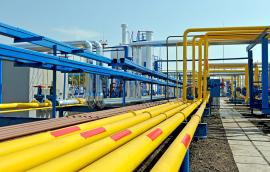NAFTA Does Not Matter as Much as You Think (But Renegotiation Matters a Lot)
Most analysis of NAFTA begins by citing the huge increase in bilateral trade between the U.S., Canada and Mexico since 1993. U.S.-Mexico trade—exports plus imports—has grown three and a half times faster than U.S. GDP since NAFTA began in 1994. If NAFTA were solely responsible for that trade, renegotiating it on more favorable terms might have big payoffs. However, there are seven problems with thinking NAFTA has mattered or can matter very much.
Russell Green, Tony Payan June 19, 2017







